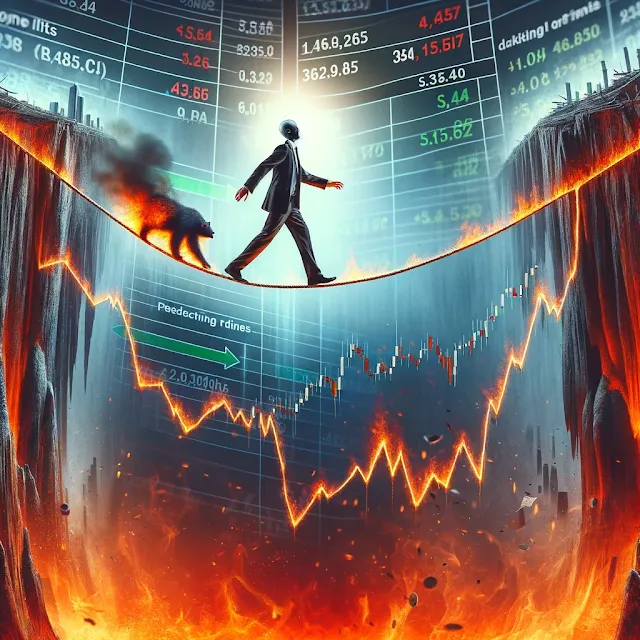Options enable investors to trade contracts worth 100 shares of stock that expire by a given time. Investors then leverage these contracts by betting on where they think the stock price will be by a given date. New investors turn to options due to their “cheapness” compared to buying underlying shares of stock. If investors were to buy an option, they could purchase this contract from a seller for a small fee, otherwise known as a premium. With this contract in hand, the investor can hold the contract until expiration, assuming that the selected price will have value, or they can sell the contract back into the market for an additional premium to collect. However, investors don’t often consider the risks associated with options trading.
Trading Out Of The Money Options
Don M. Chance, author of Introduction to Derivatives and Risk Management states that options trades should be blamed on the investor, not the brokerage. He quotes, “Is electricity to be blamed when someone with little knowledge of it mishandles it? Is fire to be blamed when someone using it becomes careless?” Chance proposes a unique perspective on options. Instead of blaming brokerages for the mistakes of enabling inexperienced investors to trade options, he claims that the investors themselves are the problem of exposing themselves to the underlying risks. The reason that investors lose a lot of money when they trade options is because of their poor risk management. Far too many options investors don’t realize that they’re taking a significantly higher risk when leveraging compared to buying shares of the underlying stock.
Ultimately, this poor risk management and lack of stability cause millions of portfolios to be wiped out, resulting in larger corporations taking advantage of such foolish investments. Unfortunately, viral and super lucky trades of gamblers striking the lottery with out-of-the-money (OTM) options have given a lot of traders false hope. The subreddit WallStreetBets is partially to blame, giving the impression that traders can return 1000-10,000% "YOLO trading options".
For those interested in understanding how options are priced, including Out-Of-The-Money options, please check out What You Should Know About Options Pricing. For more information about options in general, please check out Why Options Are Dangerous.
For those who still want to trade options, I break down several profitable option trading strategies that will help tremendously when dealing with out-of-the-money options.

